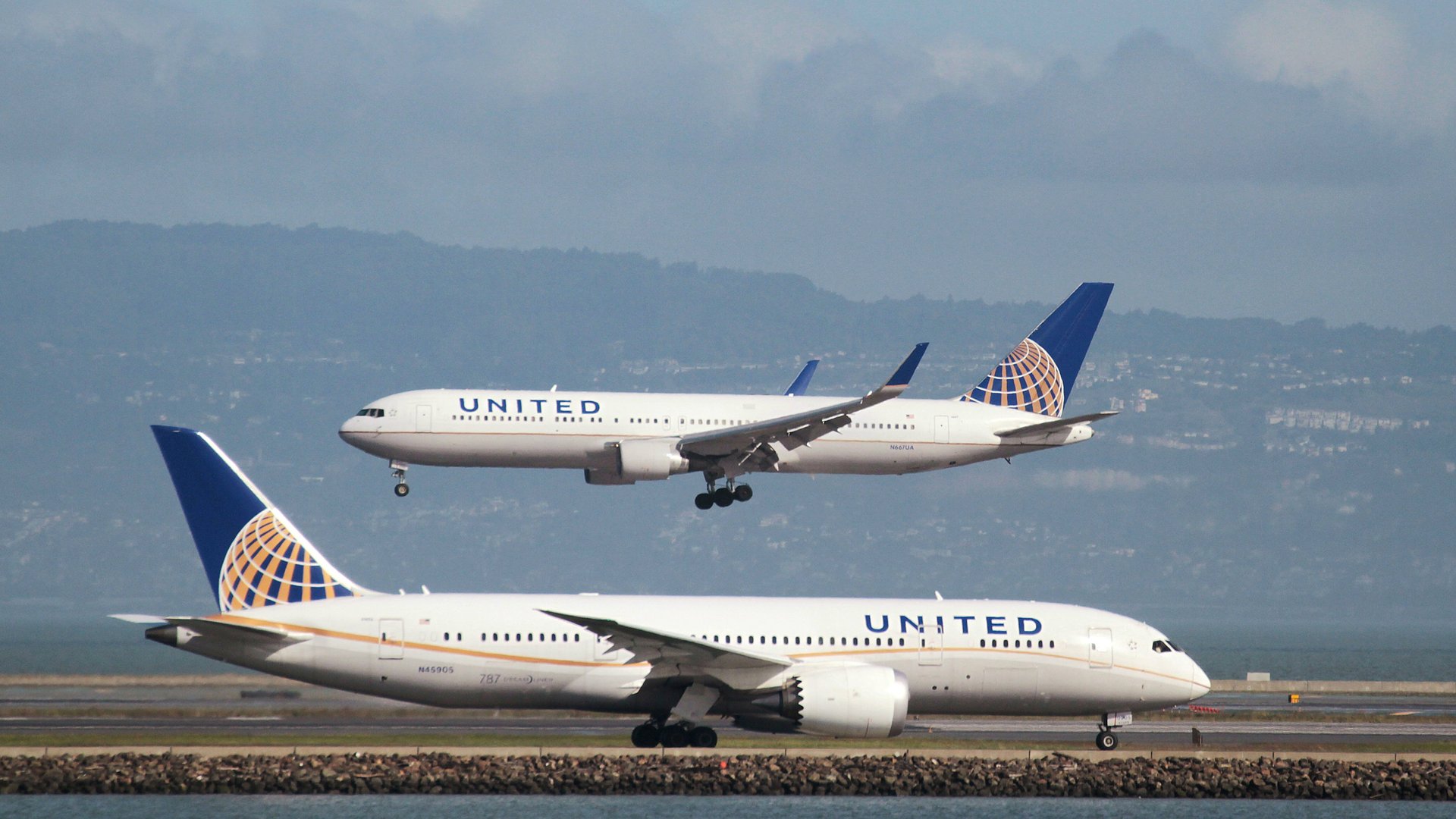US airlines aren’t bowing to customer pressure because they don’t have to
Flying is affordable, extremely safe, and as the comedian Louis C.K. reminds us, an amazing feat of physics.


Flying is affordable, extremely safe, and as the comedian Louis C.K. reminds us, an amazing feat of physics.
“You’re sitting in a chair in the sky,” he chides his audience in one of his bits about complaining airline passengers. ”You’re like a Greek myth right now.”
But the graphic video of airport police dragging ticketed United Airlines passenger David Dao out of his seat and down the aisle to make room for commuting crew members turned the travails and indignities of American commercial airline travel from a unifying punchline to a rallying cry from a public that has had enough.
Part of the anger toward airlines is that they’ve done little to address the angst over our discomfort while flying. Thanks to a wave of mergers, they don’t have to. US airlines maintain a firm grip on the domestic market, and limited competition ensures things will stay that way for some time.
Other industries, including some that, like airlines, have consolidated, have leapt to please an increasingly fickle customer base. Shifting tastes have demanded big changes in the food sector, where old corporate giants have scrambled to catch up to preferences for less-processed foods. Cereal maker General Mills, for example, responded to market concerns with the more than $800 million acquisition of the organic snack brand Annie’s, while McDonald’s and other companies, promised to remove artificial flavors and colors from some menu items. Hell hath no fury like a woke consumer.
Except in the skies.
But following the public’s reaction to the Dao debacle, and that of its investors, United said it would make some changes, such as reviewing compensation offered to bumped passengers and not calling law enforcement to remove booked, seated passengers from an overbooked plane.
CEO Oscar Munoz, whose first tepid response to the Dao incident drew extra criticism to the airline, isn’t coming out of the fiasco unscathed either. He won’t become United’s chairman next year as planned, the company disclosed on April 21. And the company said it is planning to tie more of its executives’ pay to customer service. Munoz made more than $18.7 million in 2016.
Competitor Delta, meanwhile, has announced it will offer passengers as much as $9,950 to give up their seats if need be, up from a ceiling of $1,350. It might work as a solution to overbooking problems, and it might encourage other airlines to follow suit.
But it will take a lot more than that to live up to the ideal of the friendly skies.